In recent days, global stock markets have plummeted, leaving many people bewildered.
What exactly is happening?
It wasn't until today, with the release of the unexpectedly poor U.S. employment data for July, that we began to understand that a global capital bloodbath is imminent.
Will this cleansing of wealth be a financial war initiated by the Americans?
To comprehend this grand chess game and the impending disaster, we must first understand a few fundamental rules of the capital market.
Firstly, the capital market is essentially a game of capital flow, which is simply a matter of having more or less money.
When more money flows in, the market rises; when more flows out, it falls.
Secondly, most people are reactive rather than proactive.
You might be able to grasp the long-term patterns of capital flow, but it's hard to predict short-term movements.
Thus, Wall Street and the U.S. stock market, which have access to a lot of insider information, often become the barometers.
Thirdly, for the same reason, the stock market can understand long-term patterns, but predicting short-term trends is more difficult, and predicting individual stock movements is even harder.
Fourthly, the stock market is the largest risk market, while gold, government bonds, and even mainstream currency exchange markets are safe-haven assets.
Only by understanding these rules can we understand the logic behind this capital storm.
So, what exactly has happened in the global capital market in the past few days?
Recently, many friends who have been watching the market overnight have been stunned.
First, the U.S. stock market collapsed across the board, and then this trend quickly swept across the globe.
The Japanese stock market, which had been soaring recently, and the South Korean stock market were not spared, and even the A-share market fell.
Countless global capital players have lost sleep because they really don't understand what's going on.
Firstly, the expectation of a U.S. interest rate cut has been growing, with the Federal Reserve frequently sending dovish signals.
Many people believe that the U.S. dollar will definitely cut interest rates in September.
Some argue that if the U.S. dollar cuts interest rates, releasing a large amount of dollar capital is not good for the stock market, right?
That would be the case under normal circumstances, but the situation and logic have completely changed this time.
It wasn't until the U.S. Department of Labor released the non-farm employment data for July yesterday that everyone realized Wall Street had a head start once again.
They had withdrawn on a large scale in advance, triggering a global capital panic.
The data released by the U.S. Department of Labor on Friday showed that the U.S. non-farm employment increased by 114,000 people in July, the lowest record since December 2020, far below the expected 175,000, and a significant drop from the previous value of 206,000.
At the same time, the U.S. unemployment rate in July rose by 0.2 percentage points to 4.3%, the highest since October 2021, exceeding the expected 4.1%.
This time, it has definitely triggered the Sam Rule for an economic recession.
Many people say that the U.S. employment data has been fabricated, serving the decision-making for U.S. dollar interest rates.
The emergence of such data indicates that the U.S. government and the Federal Reserve really need to cut interest rates.
Is the U.S. dollar going to cut interest rates, and is the U.S. economic recession also going to arrive on schedule?
No wonder the U.S. stock market plunged a few days ago, and even the usually strong chip sector fell sharply.
If the U.S. dollar cuts interest rates, some dollar capital will indeed flee, but that will also be a relatively long process, and it may not collapse all at once.
Wall Street may still be able to sit tight and watch the market, making money on short-term trades.
However, if the U.S. economic recession comes at this time, it will be a huge disaster.
Why is it said that a disaster will break out?
What kind of disaster is it?
Today's United States is still the world's largest economy, the U.S. financial market is still the world's most developed market, and the U.S. dollar is still the world's only super currency.
If the U.S. dollar cuts interest rates, coupled with a U.S. economic recession, it will drive a major recession in Canada, Japan, South Korea, and even Europe, with unimaginable consequences.
Now that the U.S. stock market has fallen in advance, there can only be one explanation: Wall Street has known the news in advance and has begun to withdraw from the stock market on a large scale, looking for safe-haven assets.
Therefore, while the U.S. stock market and the global stock market have fallen sharply, gold, government bonds, and even the exchange rates of the yen and the renminbi have risen, because these are all safe-haven assets.
As we mentioned earlier, the capital market is a game of capital flow and the amount of money.
When a large amount of capital withdraws from the stock market, of course, it will fall sharply.
Wall Street knew the news in advance and withdrew from the stock markets of the United States, Japan, South Korea, and other places, and these stock markets inevitably fell at the same time.
Of course, at this time, a few people have taken a liking to the stability of the Chinese stock market, and in the past few days, they have probably entered tens of billions of funds.
Although this amount of funds is not enough to support the rise of A-shares, it has stabilized the market.
So, will this global capital bloodbath be a financial war initiated by the Americans?
From the current situation, it is very difficult for Americans to control the situation, let alone master and initiate a financial war.
The U.S. stock market crash or economic recession will be a large-scale reset of the U.S. economy and the U.S. dollar.
After a period of chaos, it will gradually calm down and reach a state of great governance again.
It's just that we don't know whether the United States will be severely weakened at that time.
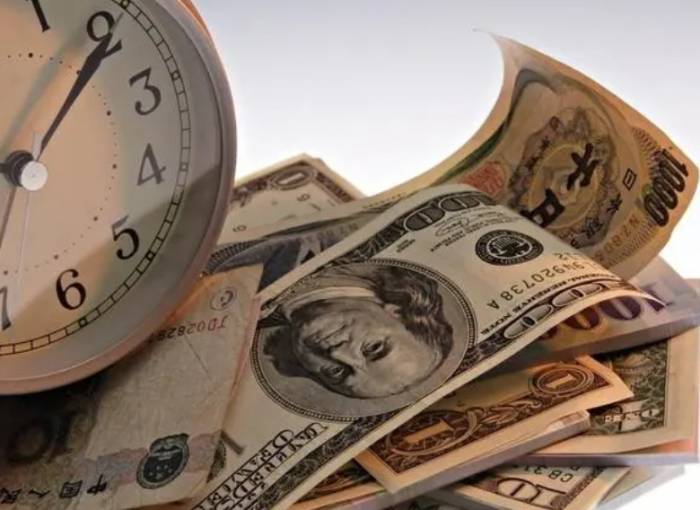

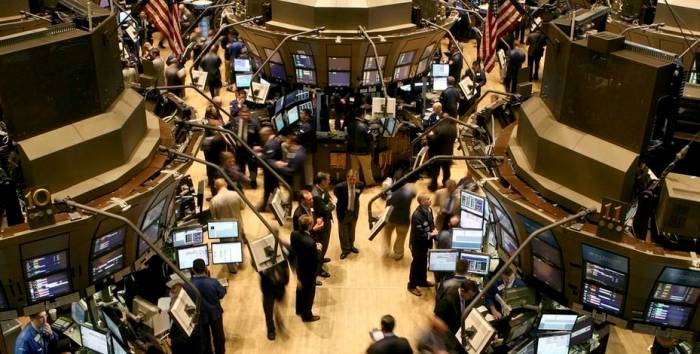

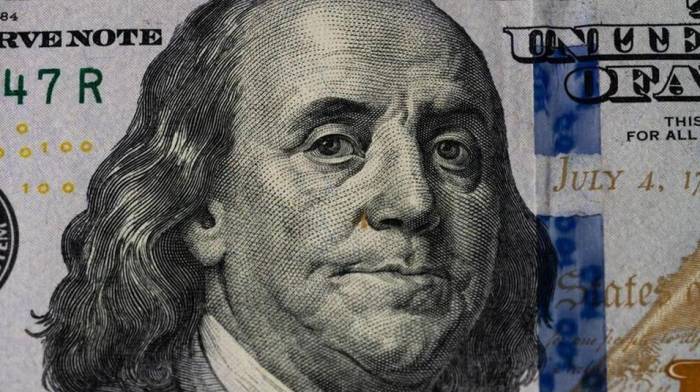




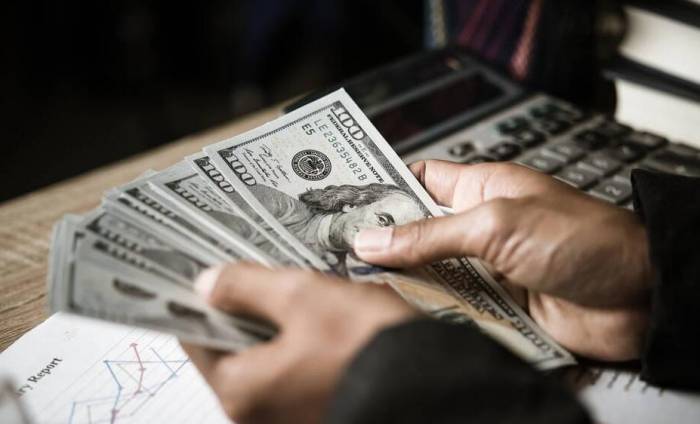



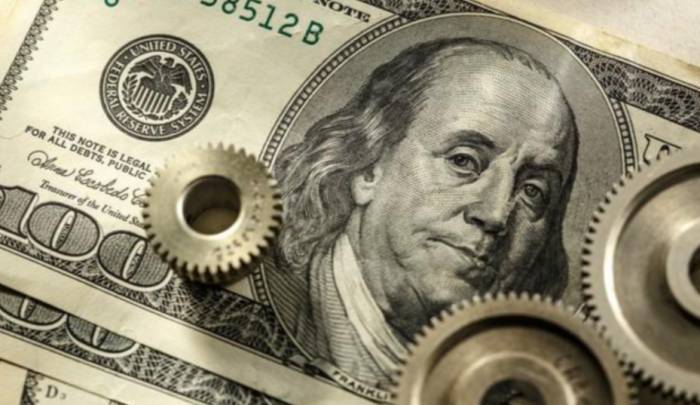
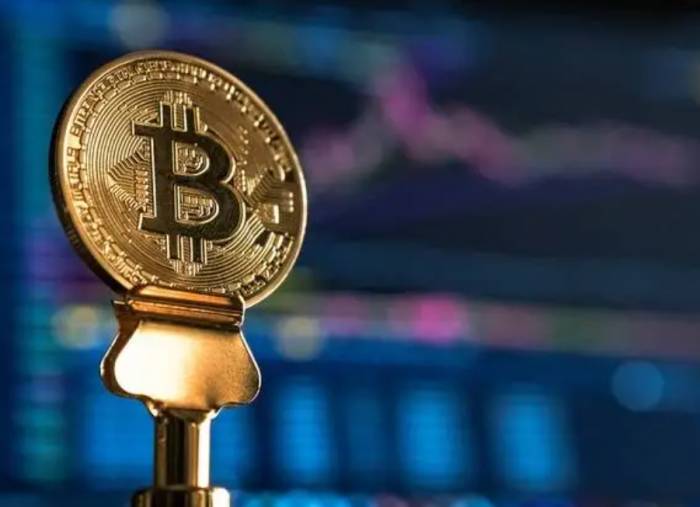

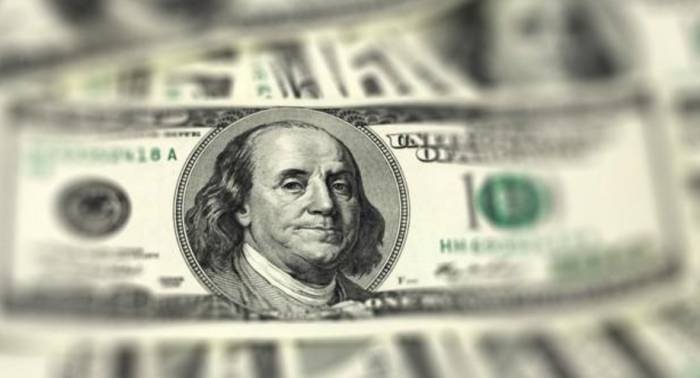


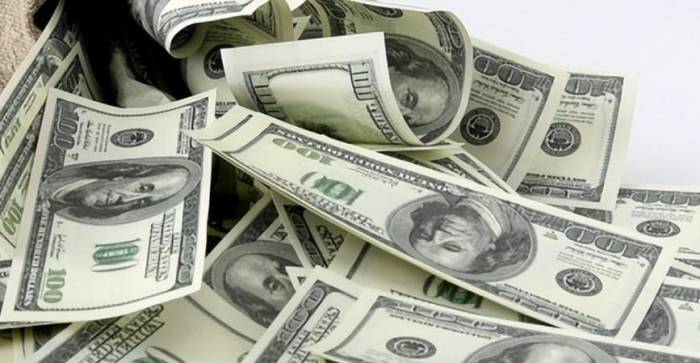
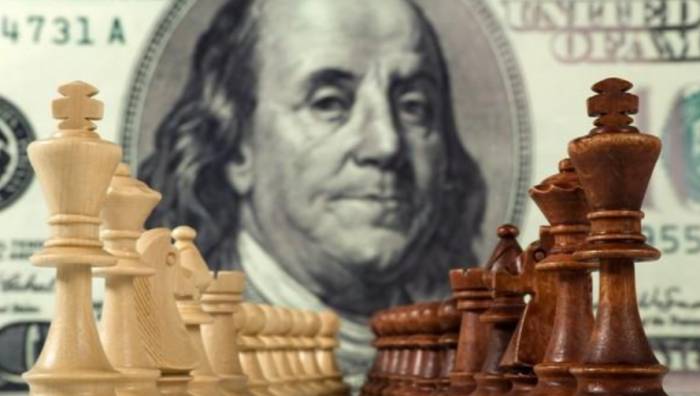
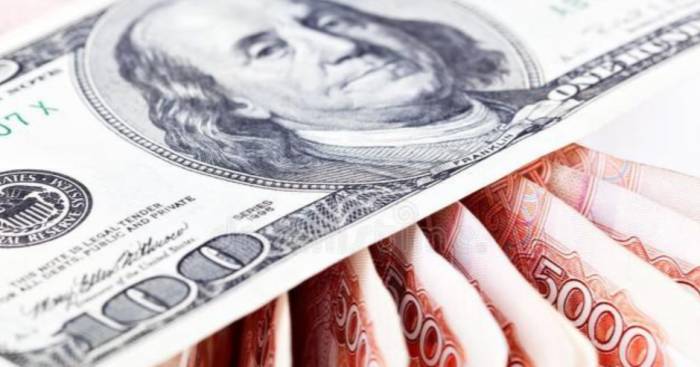

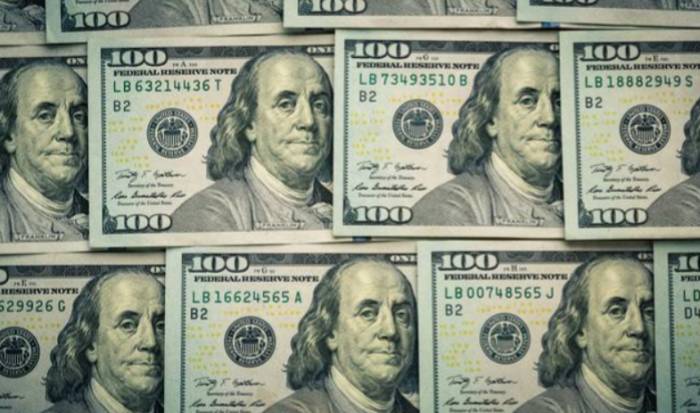
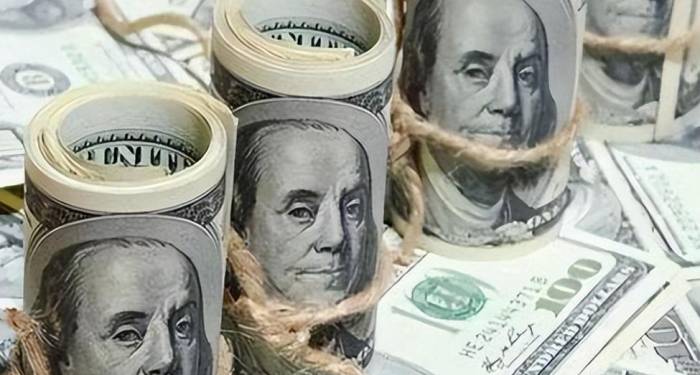

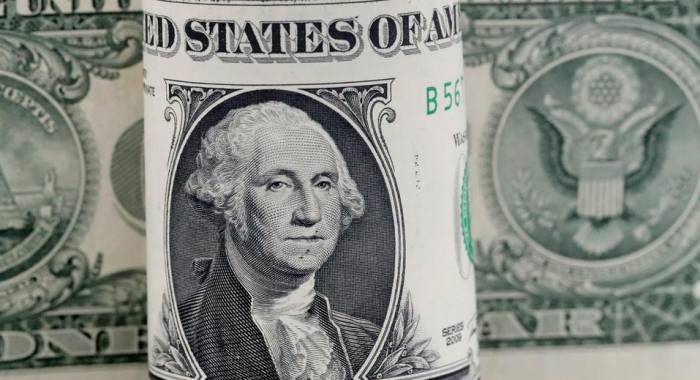
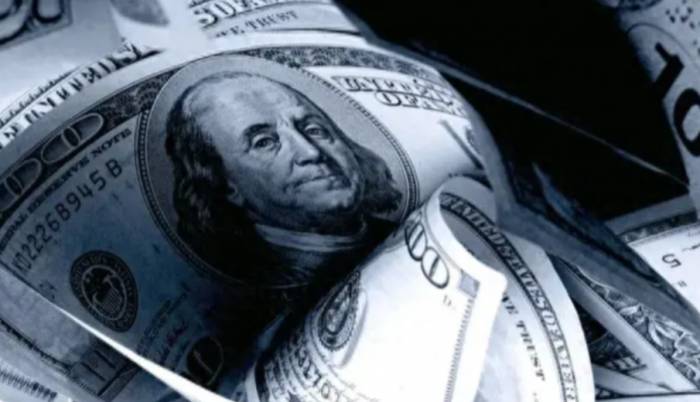
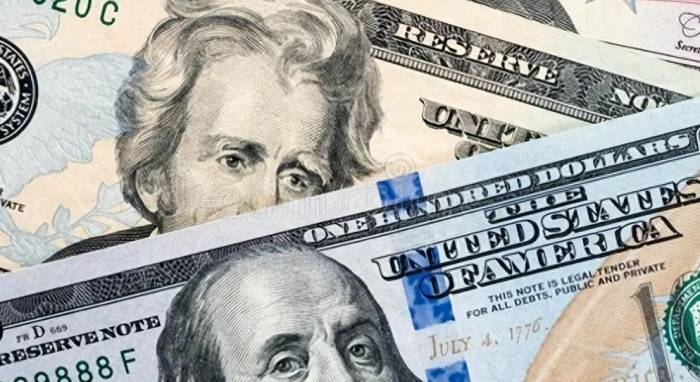
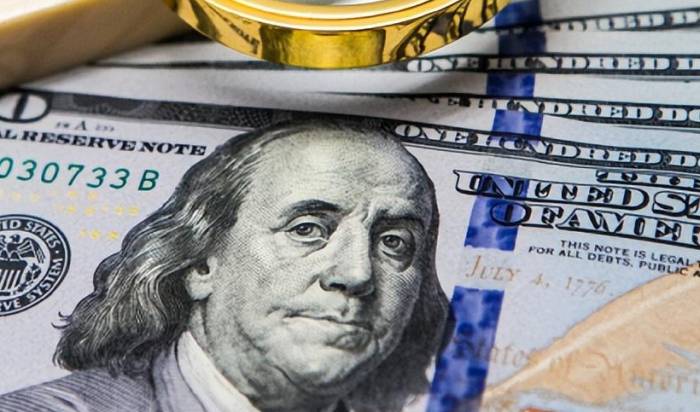
Leave a Comment